Resources for Unit 3: Community Service - Global Success 7
| Site: | vinhphuc.topgrade.edu.vn |
| Course: | Tiếng Anh bổ trợ Global Success Khối 7 (GV) |
| Book: | Resources for Unit 3: Community Service - Global Success 7 |
| Printed by: | Guest user |
| Date: | Saturday, 19 April 2025, 5:45 PM |
Description
Resources
for Unit 3: Community Service - Global Success 7.
Table of contents
- 1. Vocabulary for Unit 3: Community Service
- 1.1. Vocabulary for Unit 3: Community Service. Lesson 1. GETTING STARTED
- 1.2. Vocabulary for Unit 3: Community Service. Lesson 2. A CLOSER LOOK 1
- 1.3. Vocabulary for Unit 3: Community Service. Lesson 3. A CLOSER LOOK 2
- 1.4. Vocabulary for Unit 3: Community Service. Lesson 4. COMMUNICATION
- 1.5. Vocabulary for Unit 3: Community Service. Lesson 5. SKILLS 1
- 1.6. Vocabulary for Unit 3: Community Service. Lesson 6. SKILLS 2
- 1.7. Vocabulary for Unit 3: Community Service. Lesson 7. LOOKING BACK & PROJECT
- 2. Grammar for Unit 3: Community Service
- 3. Video Lecture for Unit 3: Community Service
- 3.1. Video Lecture for Lesson 1. GETTING STARTED
- 3.2. Video Lecture for Lesson 2. A CLOSER LOOK 1
- 3.3. Video Lecture for Lesson 3. A CLOSER LOOK 2
- 3.4. Video Lecture for Lesson 4. COMMUNICATION
- 3.5. Video Lecture for Lesson 5. SKILLS 1
- 3.6. Video Lecture for Lesson 6. SKILLS 2
- 3.7. Video Lecture for Lesson 7. LOOKING BACK
- 4. Hướng Dẫn Phát Âm Unit 3 (Global Success 7)
1. Vocabulary for Unit 3: Community Service
Vocabulary
for Unit 3: Community Service.
1.1. Vocabulary for Unit 3: Community Service. Lesson 1. GETTING STARTED
board game
/bɔːd ɡeɪm / (n): trò chơi bàn cờI bought you a board game.
(Tôi đã mua cho bạn một bộ trò chơi bàn cờ .)
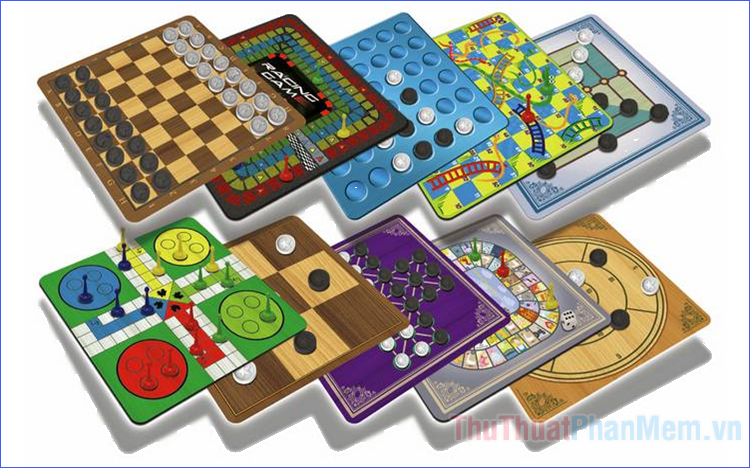
meet up
/miːt ʌp/ (phr.v): gặpCan we meet up this Sunday morning?
(Chúng ta có thể gặp nhau vào sáng chủ nhật này không?)

community activity
/kəˈmjuːnɪti ækˈtɪvɪti/ (n.phr): hoạt động cộng đồngWe will have some community activities tomorrow.
(Chúng ta sẽ có nhiều hoạt động cộng đồng vào ngày mai.)

pick up litter
/pɪk ʌp ˈliːtə/ (v.phr): nhặt rácWe pick up litter around our schoolyard.
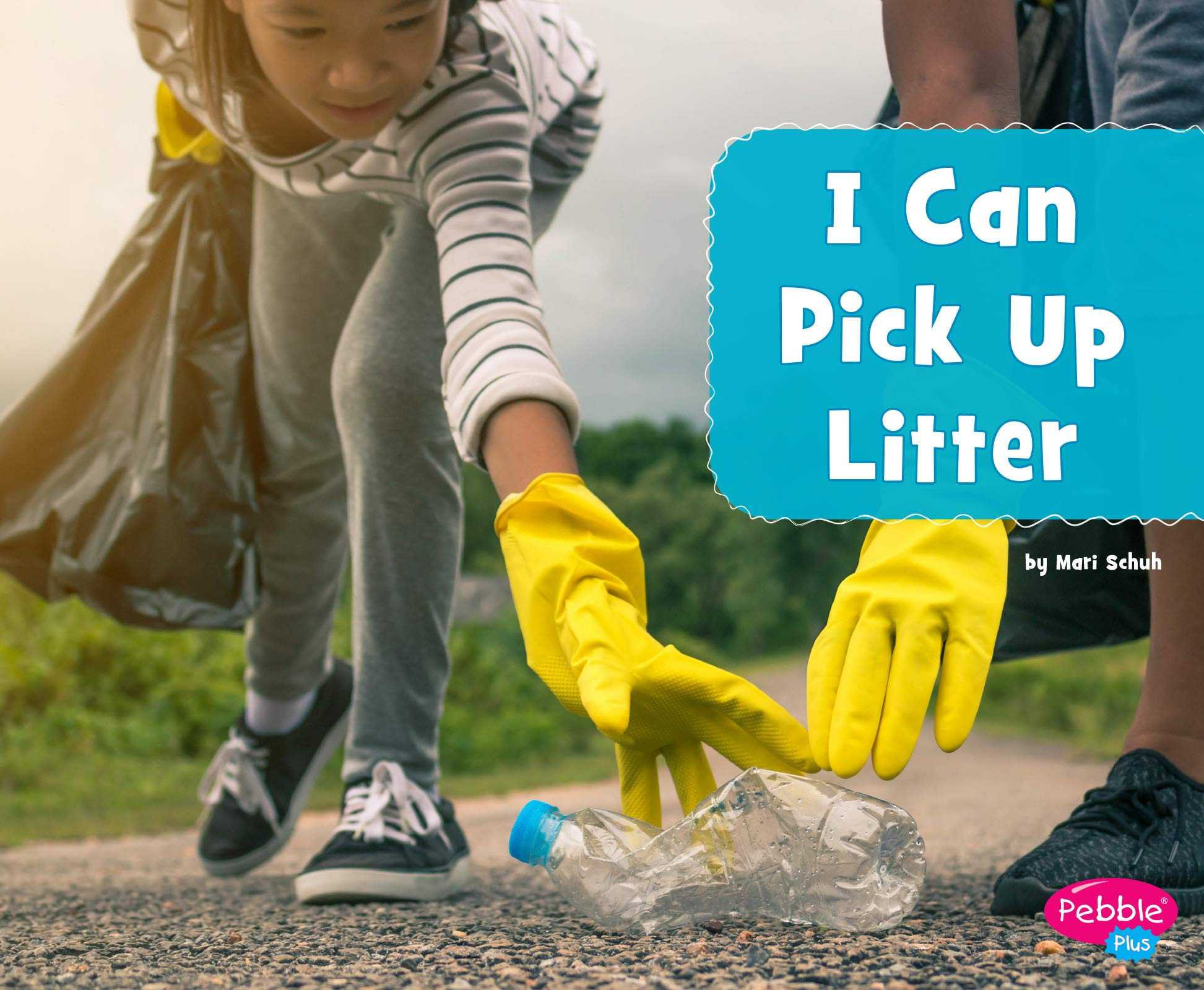
donate books
/dəʊˈneɪt bʊks/ (v.phr): quyên góp sáchWe donate books to homeless children.
(Chúng tôi quyên góp sách cho trẻ em vô gia cư.)

plant vegetables
/plɑːnt ˈvɛʤtəb(ə)lz/ (v.phr): trồng rauWe plant vegetables in our school garden.
(Chúng tôi trồng rau trong vườn trường.)
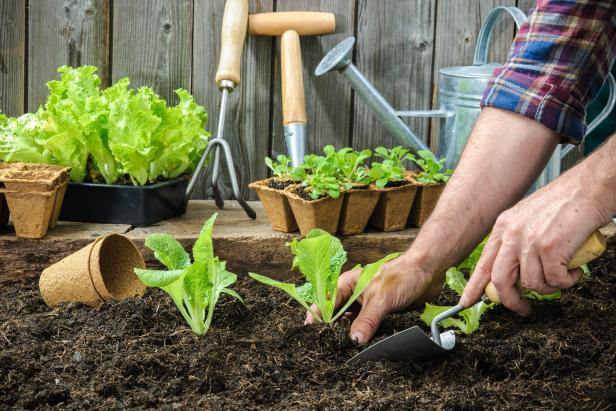
fantastic
/fænˈtæstɪk/ (adj): tuyệtThat’s fantastic!
(Việc đó thật tuyệt!)

nursing home
/ˈnɜːsɪŋ həʊm/ (n): viện dưỡng lãoWe donate the vegetables to a nursing home.
(Chúng tôi quyên góp rau cho viện dưỡng lão)
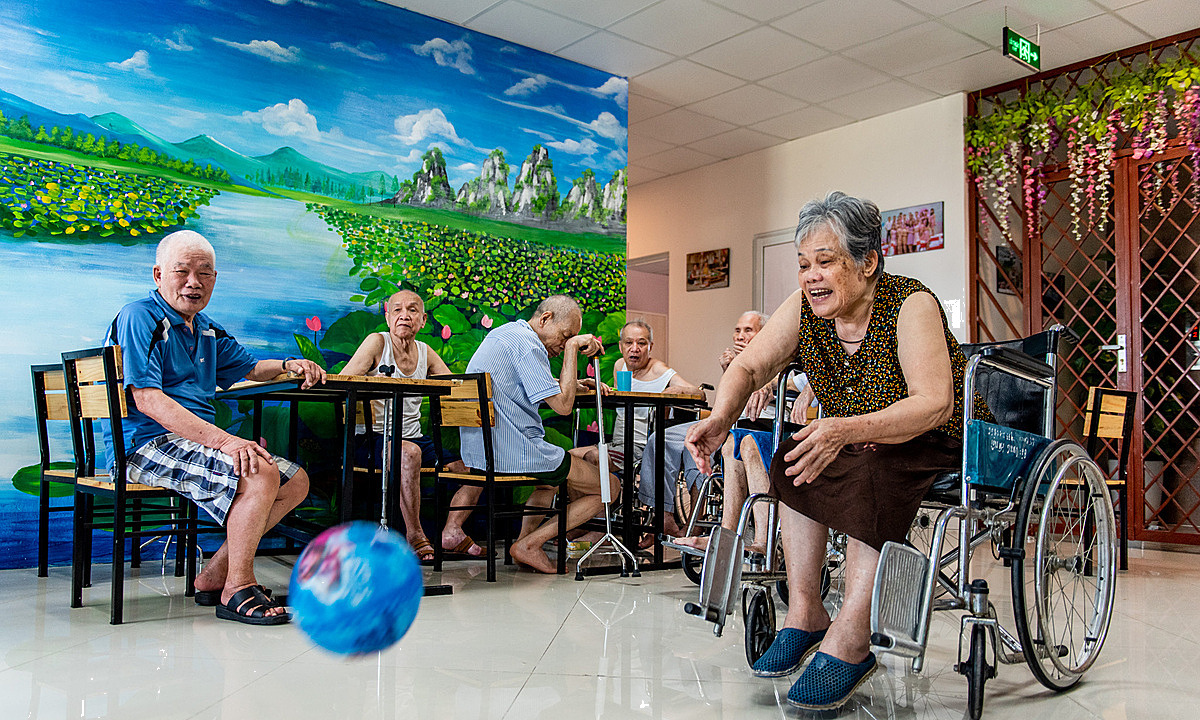
homeless children
/ˈhəʊmlɪs ˈʧɪldrən/ (n): trẻ em vô gia cưWe donate books to homeless children.
(Chúng tôi quyên góp sách cho trẻ em vô gia cư.)

recycle
/ˌriːˈsaɪkl/ (v): tái chếWe recycle plastic bottles to plant vegetables.
(Chúng tôi tái chế chai nhựa để trồng rau.)

playground
/ˈpleɪɡraʊnd/ (n): sân chơiWe clean the playground on Sundays.
(Chúng tôi dọn sân chơi vào mỗi chủ nhật.)

primary student
/ˈpraɪməri ˈstjuːdənt/ (n): học sinh tiểu họcThe club members taught maths to primary students during school holidays.
(Những thành viên trong câu lạc bộ dạy toán cho học sinh tiểu học trong suốt những ngày lễ tạ trường.)

old people
/əʊld ˈpiːpl/ (n.phr): người giàWe helped old people in the nursing home last Sunday.
(Chúng tôi giúp đỡ người già ở viện dưỡng lão chủ nhật tuần trước .)
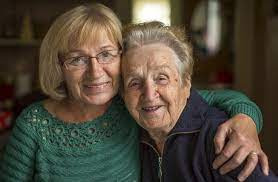
1.2. Vocabulary for Unit 3: Community Service. Lesson 2. A CLOSER LOOK 1
exchange
/ɪksˈtʃeɪndʒ/ (v): trao đổiChildren in our village exchange used paper for notebooks every school year.
(Trẻ em ở làng trao đổi giấy tập đã dùng mỗi năm học.)
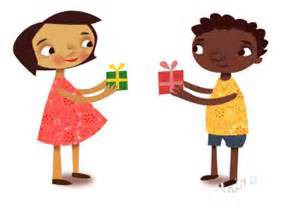
tutor
/ˈtjuːtə(r)/ (v): dạy kèmMinh and his friends often tutor small children in their village.
(Minh và bạn anh ấy thường dạy kèm cho các em nhỏ trong làng.)

water
/ˈwɔːtə(r)/ (v): tưới câyTom and his friends water the plants in their neighbourhood every weekend.
(Tom và bạn anh ấy tưới cây trong khu phố mỗi cuối tuần.)

collect
/kəˈlekt/ (v): thu nhặtWe collected clothes and gave them to homeless children.
(Chúng tôi thu nhặt quần áo và cho trẻ em vô gia cư.)
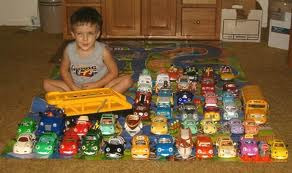
volunteer
/ˌvɒlənˈtɪə(r)/ (v): tình nguyệnTeenagers volunteered to clean streets.
(Thanh thiếu niên tình nguyện dọn đường.)
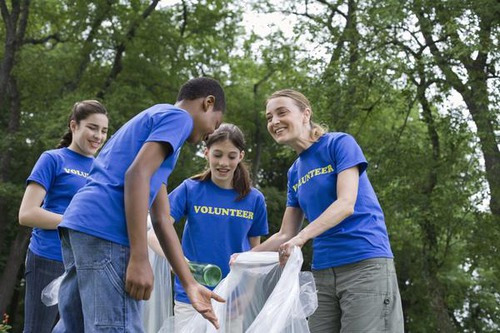
provide
/prəˈvaɪd/ (v): cung cấpWe provided food for homeless children last Tet holiday.
(Chúng tôi cung cấp thức ăn cho trẻ vô gia cư hồi kỳ nghĩ Tết vừa rồi.)
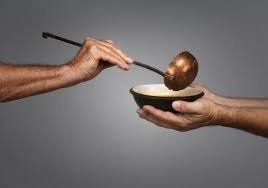
1.3. Vocabulary for Unit 3: Community Service. Lesson 3. A CLOSER LOOK 2
orphanage
/ˈɔːfənɪdʒ/ (n): trại trẻ mồ côiGreen School grew vegetables for an orphanage last spring.
(Green School trồng rau cho trại trẻ mồ côi mùa xuân rồi.)
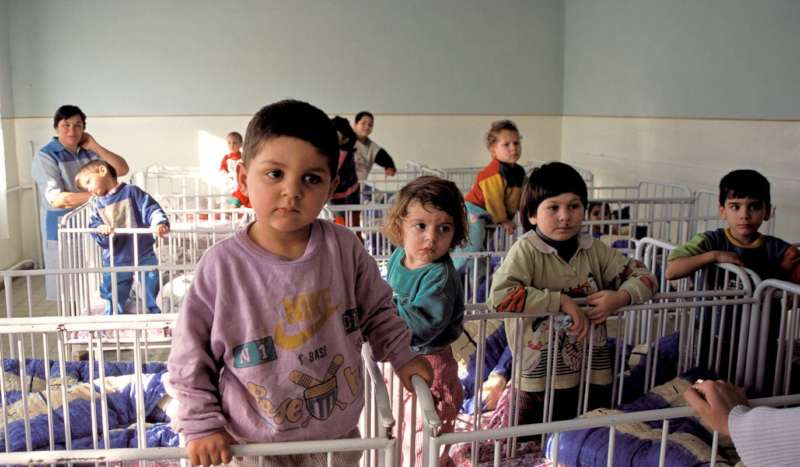
glove
/ɡlʌv/ (n): găng tayOur school club made gloves for old people in nursing homes last winter.
(Câu lạc bộ trường học làm găng tay cho người già tại viện dưỡng lão mùa đông năm ngoái.)

reuse
/ˌriːˈjuːz/ (v): tái sử dụngPlease reuse your envelopes.
(Vui lòng tái sử dụng những con tem của bạn.)
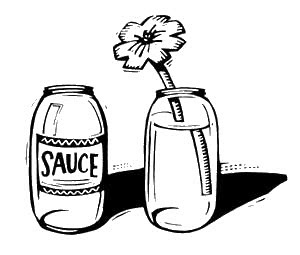
rural village
/ˈrʊərəl ˈvɪlɪʤ/ (n): miền quêI lived in the rural village when I was six.
(Tôi sống ở miền quê khi tôi sáu tuổi.)
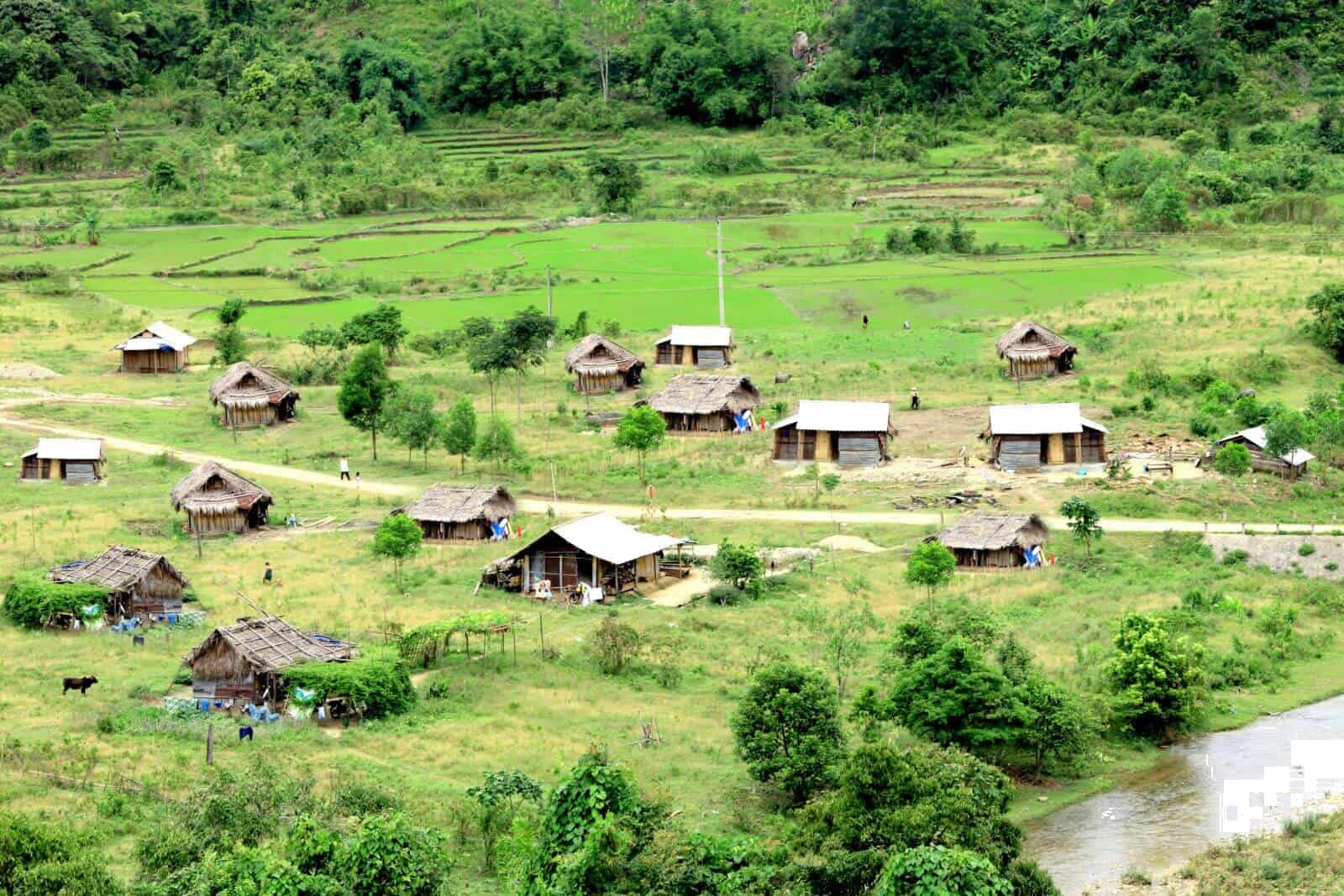
patient
/ˈpeɪʃnt/ (n, adj): bệnh nhânThe club members cooked food for patients every Sunday.
(Thành viên câu lạc bộ nấu thức ăn cho bệnh nhân mỗi chủ nhật.)

rubbish
/ˈrʌbɪʃ/ (n): rácNick and his friends are picking up rubbish on the beach now.
(Nick và bạn anh ấy đang nhặt rác trên bãi biển bây giờ.)

thank-you cards
/θæŋk-juː kɑːdz/ (n.phr): thiệp cảm ơnChildren sent thank-you cards to us a week ago.
(Trẻ em gửi thiệp cảm ơn đến chúng tôi cách đây một tuần.)

flooded area
/ˈflʌdɪd ˈeərɪə/ (n): khu vực nước ngậpWe helped people in flooded areas last year.
(Chúng tôi giúp đỡ người dân trong khu vực nước ngập năm rồi.)
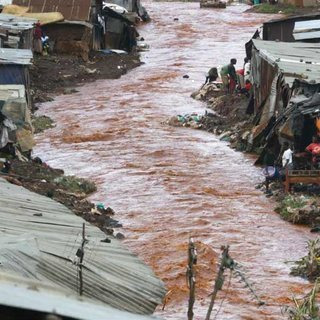
1.4. Vocabulary for Unit 3: Community Service. Lesson 4. COMMUNICATION
mountainous area
/ˈmaʊntɪnəs ˈeərɪə/ (n.phr): miền núiWe collected books and warm clothes for our friends in the mountainous areas.
(Chúng tôi đã thu nhặt sách và quần áo ấm cho những người bạn của tôi ở miền núi.)

raise money
/reiz 'mʌni/ (v.phr): ủng hộ tiềnStudents make and sell podcasts to raise money for local children.
(Học sinh làm và bán chương trình âm thanh để ủng hộ trẻ em địa phương.)

decorate
/ˈdekəreɪt/ (v): trang tríTom and his friends cleaned and decorated parts of their neighbourhood.
(Làm vườn cũng hữu ích vì mọi người trong gia đình có thể tham gia và làm một việc gì đó cùng nhau.)

street children
/ stri:t 'tʃɪldrən / (n.phr): trẻ em cơ nhỡYou can teach street children to read and write.
(Bạn có thể dạy trẻ em cơ nhỡ tập đọc và viết.)
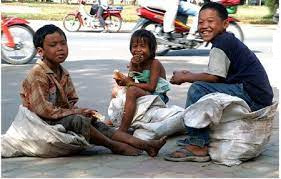
1.5. Vocabulary for Unit 3: Community Service. Lesson 5. SKILLS 1
allow someone to do something
/laʊ ˈsʌmwʌn tuː duː ˈsʌmθɪŋ/ (v.phr): cho phép ai đó làm việc gìCommunity service allows students to develop themselves.
(Dịch vụ cộng đồng cho phép học sinh phát triển bản thân họ.)

give and receive
/gɪv ænd rɪˈsiːv/ (v.phr): cho và nhậnGiving means receiving.
(Cho đi là nhận lại .)
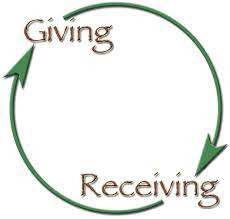
podcast
/ˈpɒdkɑːst/ (n): chương trình âm thanhStudents make and sell podcasts
(Học sinh làm và bán chương trình âm thanh để ủng hộ trẻ em địa phương.)

be good at
/biː gʊd æt/ (v.phr): giỏi vềAnn is good at maths and literature.
(Ann giỏi toán và văn học.)

nature
/ˈneɪtʃə(r)/ (n): thiên nhiênMinh loves nature.
(Minh yêu thiên nhiên.)

programme
/ˈprəʊɡræm/ (n): chương trình TVHe likes watching programmes about plants.
(Anh ấy thích xem chương trình TV về thực vật.)

1.6. Vocabulary for Unit 3: Community Service. Lesson 6. SKILLS 2
proud
/praʊd/ (adj): tự hàoThey feel useful and proud because they do good things.
(Họ cảm thấy hữu ích và tự hào vì họ đã làm việc tốt.)
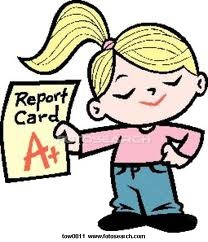
grow up
/grəʊ ʌp/ (phr.v): phát triền, lớn lênIt was ẹnjoyable to watch the trees grow up.
( Thật là thích thú khi nhìn cây phát triển.)
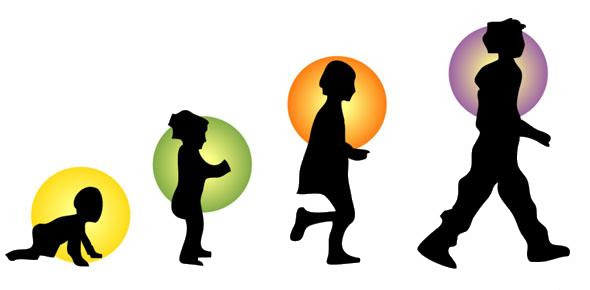
have fun
/hæv/ /fʌn/ (v.phr): vui vẻWe also had a lot of fun and learnt some skills.
(Chúng tôi đã vui vẻ và học hỏi một vài kỹ năng)
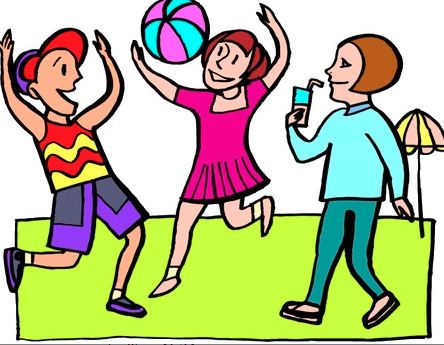
1.7. Vocabulary for Unit 3: Community Service. Lesson 7. LOOKING BACK & PROJECT
LOOKING BACK
sell
/sel/ (v): bánThe group sold clothes and sent them to poor people in rural areas.
(Cả nhóm bán quần áo và gửi chúng cho người nghèo ở miền quê.)
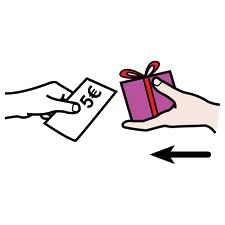
famous
/ˈfeɪməs/ (adj): nổi tiếngWarm Clothes is a famous volunteer group in Viet Nam.
(Warm Clothes là một nhóm tình nguyện nổi tiếng ở Việt Nam.)

bamboo
/ˌbæmˈbuː/ (n): treThe parents taught their children to make things from bamboo and bottles.
(Ba mẹ dạy con làm ra một thứ gì đó từ tre và chai nhựa.)

bring
/brɪŋ/ (v): mang lạiThey really brought love to those small villages.
(Họ thật sự mang lại tình cảm cho những vùng quê nhỏ kia.)

set up
/sɛt ʌp/ (phr.v): thành lậpMark set up a community library.
(Mark thành lập thư viện cộng đồng.)
PROJECT
solution
/səˈluːʃn/ (n): giải phápThink about some solutions to protect the environment.
(Hãy nghĩ về một số giải pháp để bảo vệ môi trường.)

environmental problems
/ɪnˌvaɪərənˈmɛntl/ /ˈprɒbləmz/ (n.phr): vấn đề môi trườngThink about some environmental problems in your neighbourhood.
(Hãy nghĩ về một số vấn đề môi trường ở khu vực sống của bạn.)

solve
/sɒlv/ (v): giải quyếtWhat do you want to solve the problems?
(Bạn muốn làm gì để giải quyết các vấn đề?)

2. Grammar for Unit 3: Community Service
Ngữ pháp: Thì quá khứ đơn Unit 3 Tiếng Anh 7 Global Success
I. Định nghĩa thì quá khứ đơn:
- Thì quá khứ đơn là một trong những thì cơ bản nhất trong tiếng Anh, được sử dụng để diễn tả hành động bắt đầu và kết thúc trong quá khứ và không còn liên quan tới hiện tại.
- Thì quá khứ đơn có thể sử dụng với trạng từ thời gian xảy ra trong quá khứ hoặc tại một thời điểm xác đinh.
II. Cấu trúc thì quá khứ đơn:
1. Cấu trúc thì quá khứ đơn với động từ “be” (was/were)
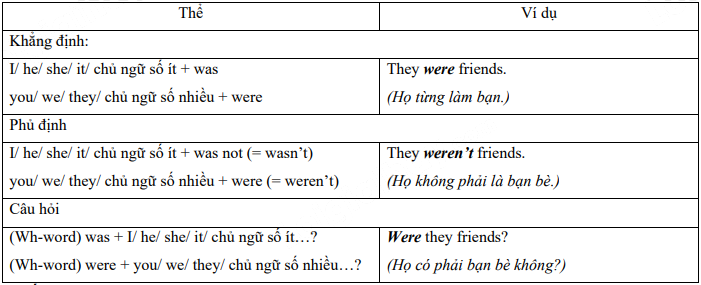
2. Cấu trúc thì quá khứ đơn với động từ thường
Động từ thường tiếng Anh ở quá khứ dưới viết dưới dạng V-ed. Tuy nhiên, có vài trăm động từ bất quy tắc với các dạng khác nhau.
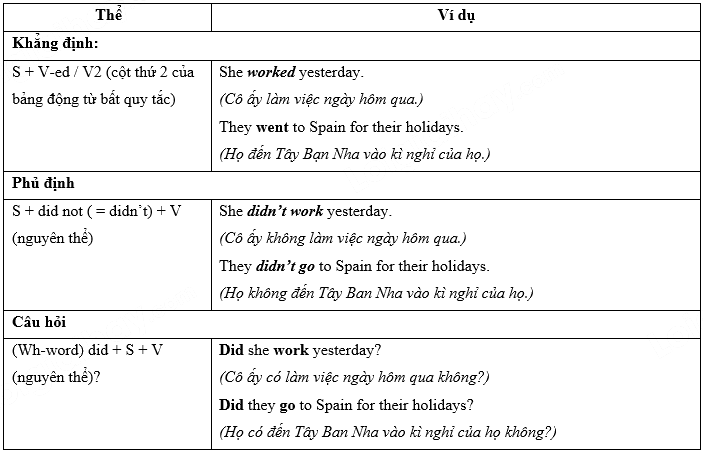
III. Cách thêm -ed sau động từ:
- Thông thường ta thêm “ed” vào sau động từ.
Ví dụ: watch – watched, turn – turned, want – wanted, …
- Động từ tận cùng là “e” -> ta chỉ cần thêm “d”.
Ví dụ: type – typed, smile – smiled, agree – agreed, …
- Động từ có MỘT âm tiết, tận cùng là MỘT phụ âm, trước phụ âm là MỘT nguyên âm -> ta nhân đôi phụ âm cuối rồi thêm “-ed”.
Ví dụ: stop – stopped, shop – shopped, tap – tapped, …
- NGOẠI LỆ: commit – committed, travel – travelled, prefer – preferred, …
- Động từ tận cùng là “y”:
+ Nếu trước “y” là MỘT nguyên âm (a,e,i,o,u) ta chỉ thêm “ed”.
Ví dụ: play – played, stay – stayed, …
+ Nếu trước “y” là phụ âm ta đổi “y” thành “i + ed”.
Ví dụ: study – studied, cry – cried, …
- Một số động từ bất qui tắc không thêm “ed”.
Có một số động từ khi sử dụng ở thì quá khứ không theo qui tắc thêm “ed”. Những động từ này ta cần học thuộc.
Ví dụ: go – went, get – got, see – saw, buy – bought, …
IV. Cách dùng thì quá khứ đơn:
- Thì quá khứ đơn diễn tả hành động đã hoàn thành trong quá khứ.
Ví dụ: I saw a ghost last Friday.
(Tôi nhìn thấy con ma vào thứ Sáu tuần trước.)
- Thì quá khứ đơn diễn tả chuỗi hành động xảy ra trong quá khứ.
Ví dụ: I finished work, walked to the beach, and found a nice place to swim.
(Tôi đã làm xong việc, đi dạo trên biển và tìm thấy địa điểm đẹp để bơi.)
- Thì quá khứ đơn diễn tả thói quen trong quá khứ.
Ví dụ: When I was young, I watched lots of television every day after school.
(Khi tôi còn nhỏ, tôi xem TV mỗi ngày sau giờ học ở trường.)
- Thì quá khứ đơn dùng để nói về một sự kiện lịch sử.
Ví dụ: The light bulb was invented by Thomas Edison in 1879.
(Bóng đèn điện được phát minh bởi Thomas Edison vào năm 1879.)
V. Dấu hiệu nhận biết thì quá khứ đơn:
Chúng ta có thể nhận biết thì quá khứ đơn qua một số trang từ chỉ thời gian dưới đây:
- yesterday (ngày hôm qua)
Ví dụ: I watched this movie yesterday.
(Tôi đã xem bộ phim này hôm qua.)
- khoảng thời gian + ago: two years ago (2 năm trước), 3 days ago (3 ngày trước), …
Ví dụ: I moved to Ho Chi Minh City two years ago.
(Tôi chuyển đến thành phố Hồ Chí Minh hai năm trước.)
- last + mốc thời gian: last night (tối qua), last month (tháng trước), last week (tuần trước), last year (năm ngoái), …
Ví dụ: Last month, I travelled to Thailand.
(Tháng trước, tôi đã đi du lịch Thái Lan.)
- Các mốc thời gian trong quá khứ: in 1999, in 2007, in 2018, …
Ví dụ: They built this house in 2018.
(Họ đã xây ngôi nhà này vào năm 2018.)
- in the past (trong quá khứ)
Ví dụ: She was an excellent leader in the past.
(Cô ấy là một lãnh đạo kiệt xuất trong quá khứ.)
- the day before (1 ngày trước)
Ví dụ: The child disappeared the day before.
(Đứa trẻ đã biến mất 1 ngày trước.)
- Chúng ta cũng dùng thì quá khứ đơn trong các câu có các trạng từ chỉ một phần thời gian đã qua trong ngày như: today (hôm nay), this morning (sáng nay), this afternoon (chiều nay), …
Ví dụ: I finished the report this morning.
(Tôi đã hoàn thành báo cáo sáng nay.)
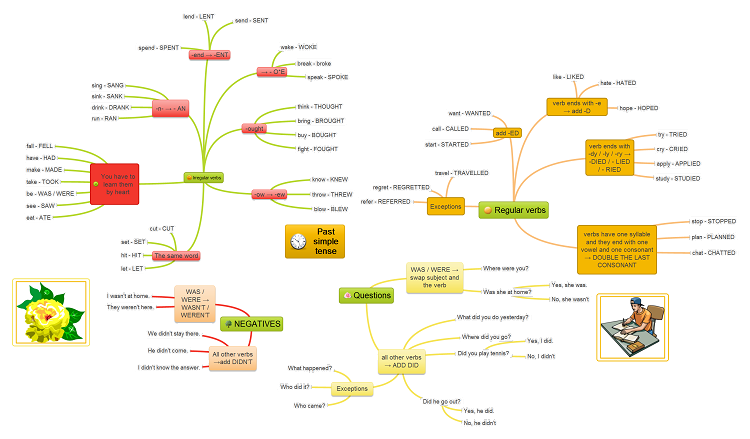
3. Video Lecture for Unit 3: Community Service
Video Lecture for Unit 3: Community Service.
3.1. Video Lecture for Lesson 1. GETTING STARTED
Collected from VietJack
3.2. Video Lecture for Lesson 2. A CLOSER LOOK 1
Collected from VietJack
3.3. Video Lecture for Lesson 3. A CLOSER LOOK 2
Collected from VietJack
3.4. Video Lecture for Lesson 4. COMMUNICATION
Collected from VietJack
3.5. Video Lecture for Lesson 5. SKILLS 1
Collected from VietJack
3.6. Video Lecture for Lesson 6. SKILLS 2
Collected from VietJack
3.7. Video Lecture for Lesson 7. LOOKING BACK
Collected from VietJack
4. Hướng Dẫn Phát Âm Unit 3 (Global Success 7)
Bấm vào các link Mục lục (Table of Contents) để xem Video Hướng dẫn và Thực hành Phát âm.
Phần Thực hành phát âm nên học trên máy tính.
4.1. Video Hướng Dẫn Phát Âm Unit 3 (Global Success 7)
Collected from Global Success
4.2. Thực hành phát âm – Pronunciation Practice. Unit 3
Sounds /t/, /d/, and /id/
Click the buttons to listen, say aloud, and record. Compare your voice with the sample pronunciation. Practice each sentence at least 3 times.